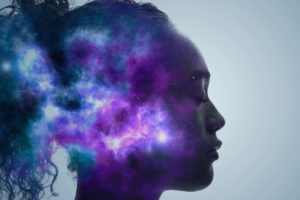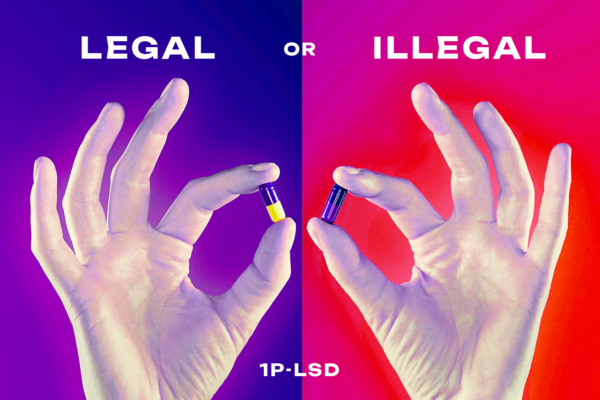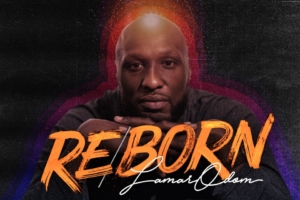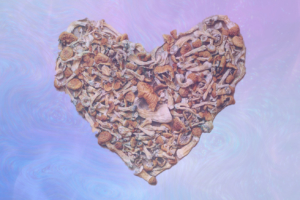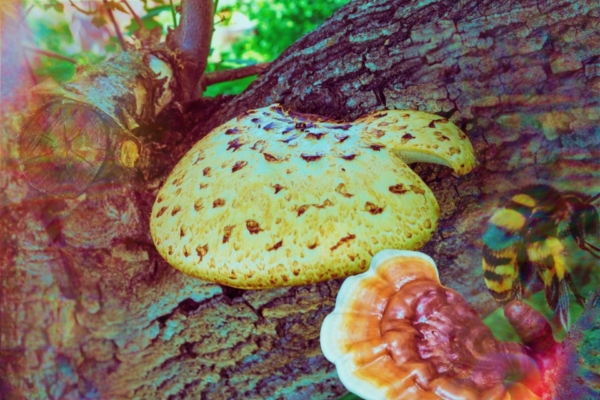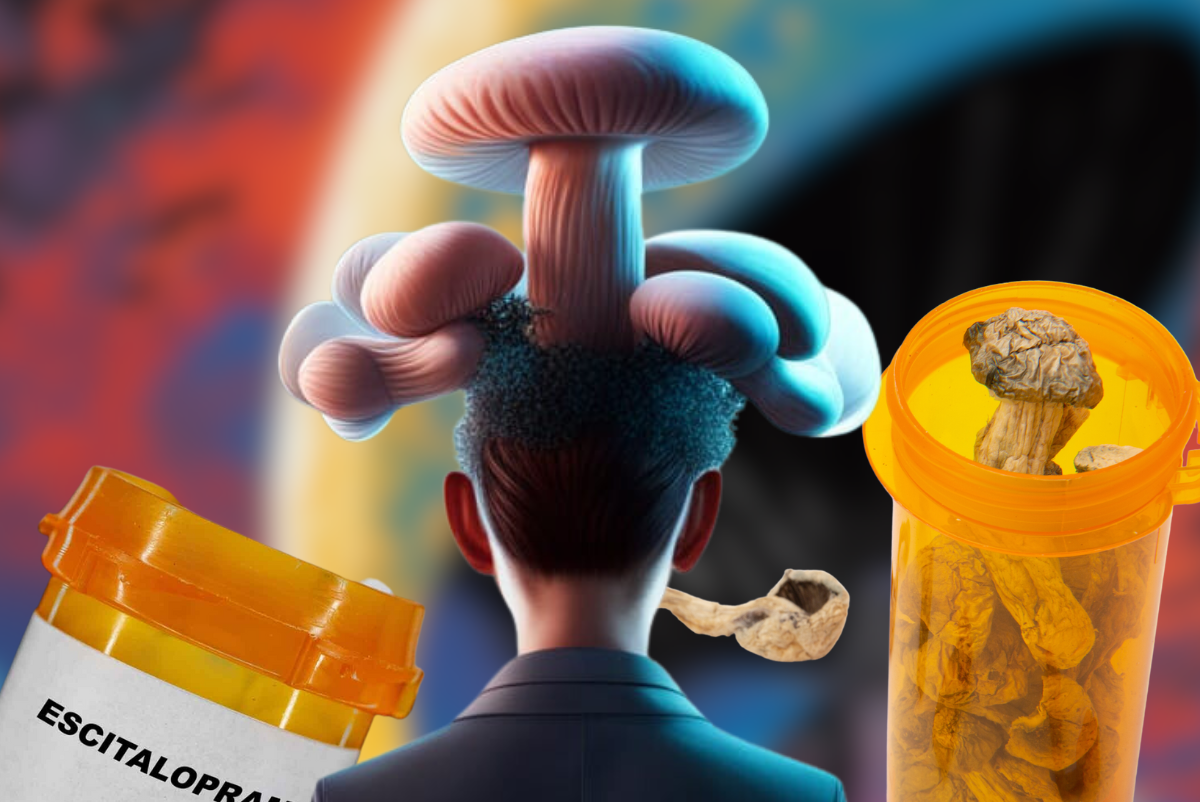
How does psilocybin — a psychedelic that remains illegal in the vast majority of the United States —stack up against frequently prescribed SSRI Escitalopram to treat depression?
According to the results of a study published by the Cambridge University Press this past June, pretty well. But, not so well that the hallucinogen proved to be all that superior.
“Psilocybin treatment was observed to produce a more robust antidepressant response, involving decreases in neuroticism, introversion, disagreeableness, and impulsivity, compared to decreases in neuroticism, disagreeableness, and impulsivity related to Escitalopram,” the study authors concluded. “However, no formal differences in the magnitude of response was detected between the therapies.”
59 patients with diagnoses of moderate-to-severe major depression participated in the phase 2, double-blind, randomized, active comparator controlled trial, which grouped 30 individuals into the psilocybin treatment (PT) and 29 into the Escitalopram treatment (ET), studying the changes in personality relative to each treatment, both of which were paired with additional psychological support, including psychoeducation, therapeutic-alliance-building, and a form of Acceptance and Commitment Therapy.
To keep the study “blind,” however, both groups still received psilocybin, with the PT receiving a 25 mg dose of Compass Pathways’ COMP360 and the ET group receiving just 1 mg of psilocybin during their first dosage day. Neither patients nor staff administering the medicine were aware of what dosage they would receive. Then, after any psychedelic effects subsided, researchers measured the participants’ acute experience.
After the initial dosage day, PT patients were sent home with placebo capsules and instructed to take one each day for three weeks until the next dosage visit. ET group received capsules containing 10 mg of escitalopram and instructed to take one each day as well. That cycle was completed one more time, for a total period of six weeks. Six months later, patients were emailed survey links with additional self-report questionnaires.
Ultimately, the researchers concluded, “Personality changes across both conditions were in a direction consistent with improved mental health. With the possible exception of trait absorption, there were no compelling between-condition differences warranting conclusions regarding a selective action of PT (v. ET) on personality.”
However, a research paper published a month earlier in Journal of Affective Disorders analyzed data from the same study, and came to a slightly different conclusion.
“With psilocybin therapy, but not escitalopram, improvements in mental health outcomes (i.e., well-being, depression severity, suicidal ideation, and trait anxiety) occurred via reductions in experiential avoidance,” authors wrote.
Experiential avoidance is a psychological term referring to a patients’ unwillingness to remain in contact with aversive experiences such as painful feelings, thoughts, and emotions. According to the National Institutes of Health, EA is often associated with the development and maintenance of emotional problems.
In other words, psilocybin enabled patients to feel more comfortable facing the problems that could be the root cause of their depression, giving researchers another clue with it may be more effective in the long run.
“These results provide support for the role of reduced experiential avoidance as a putative mechanism underlying psilocybin therapy’s positive therapeutic outcomes,” authors concluded. “The present findings may help to tailor, refine, and optimize psilocybin therapy and its delivery.”
